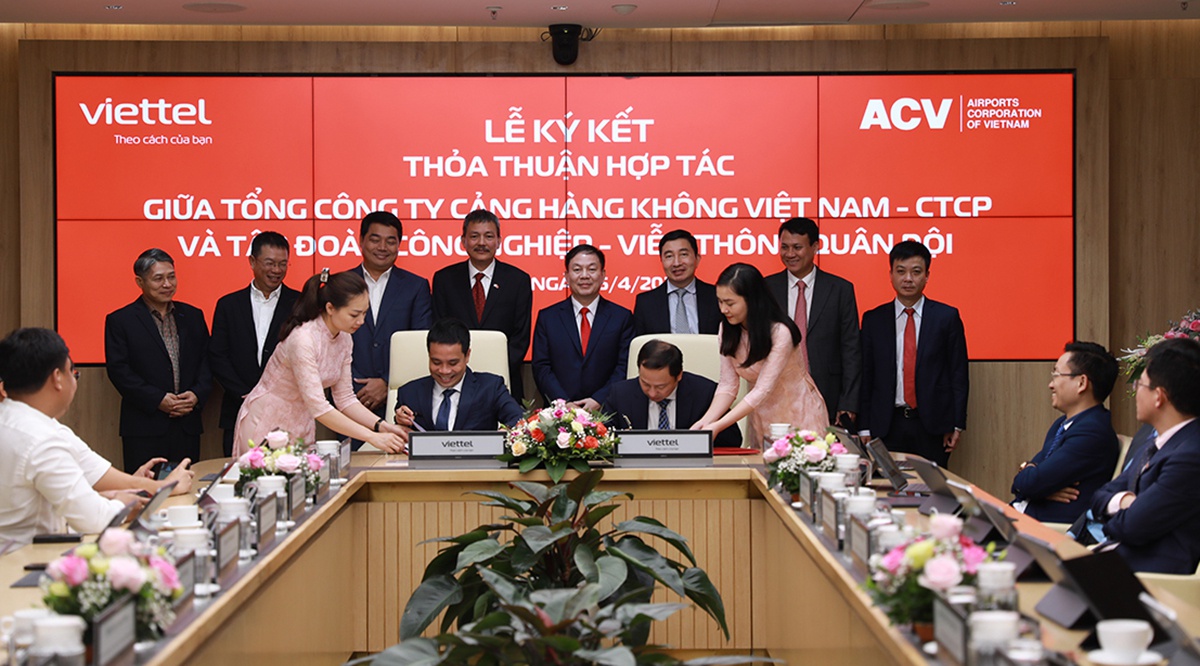Related News
Doan Dai Phong, Deputy General Director of Viettel Solutions, emphasized that the strength of Viettel RPA lies in its digital solution infrastructure and experience in solving automation problems for its own very large and complex system.
What is the difference between the RPA (Robotics Process Automation) solution that Viettel provides compared to similar services on the market?

Mr. Doan Dai Phong: Viettel's RPA is an End to End service, that is, comprehensive consulting from the ability and opportunity to automate RPA and then deploy automation and operation solutions and optimize to enhance customer experience during implementation. Viettel solutions are "tailored" to each customer, depending on their business.
What special strengths does Viettel have when providing this service to other businesses and organizations?
Viettel's first strength with RPA services is infrastructure because RPA must be combined with other digital services such as IoT (Internet of Things), Edge Computing, Cloud.
Viettel's second strength is its human and technological resources along with Viettel's experience in solving very difficult problems in robotics. Viettel believes that these are its strengths when solving automation problems for customers.
How has Viettel shown its strength when deploying RPA solutions for customers?
Viettel is a multi-industry corporation, so its activities are related to many fields such as finance and accounting, network operation, logistics ... and need to apply a lot of robotics problems.
Example of financial reconciliation: On average, Viettel has a few thousand to tens of thousands of operations a month. If we use manual invoicing, we will need a lot of manpower. However, when applying RPA, Viettel's financial reconciliation only needs about 50-60 people, because most of the operations are handled automatically when receiving invoices from businesses.
Accordingly, instead of manually entering invoice information into the system, and then having to check if the customer's information included in the invoice is correct with Viettel's management system, applying RPA can help speed up the process up to more than 10 times and save up to 70% on personnel costs.

For an external client, how long will it take to deploy RPA for the business?
The implementation time will be very dependent on the type of business. According to the summary of the world with all industries, some banks in the world usually apply about 50-100 processes. On average, enterprises need to apply RPA for about 50 processes; Within 1-3 months, Viettel can deploy 3 - 5 processes RPA.
What is the most difficult thing when implementing Viettel's RPA solutions?
As for RPA, in my opinion, about 80% of the cases will have no trouble when implementing. this is because the essence of RPA is to apply robotics to tasks that are already done manually.
The biggest difficulty when applying RPA is that we often implement it with other technology solutions. For example, when taking data from sensors to push to a centralized data warehouse, applying various technologies such as IoT, related to Big Data, then applying RPA. The difficulty will lie in the combination with other technologies, but in terms of implementing RPA solutions, there is almost no difficulty.
Viettel has just signed a strategic cooperation agreement in implementing many digital transformation solutions for three "big guys" namely ACV (Airport Corporation of Vietnam), Novagroup, and Saigon Newport Corporation. If they deploy Viettel's RPA solutions, what will their vision of change look like?
Viettel's philosophy can be mapped to customer need. According to statistics, when applying RPA, on average, businesses can reduce costs by 30%, increase work accuracy up to 99%. RPA can handle up to 25% of workloads in banking, 36% of processes in healthcare, and other industries.